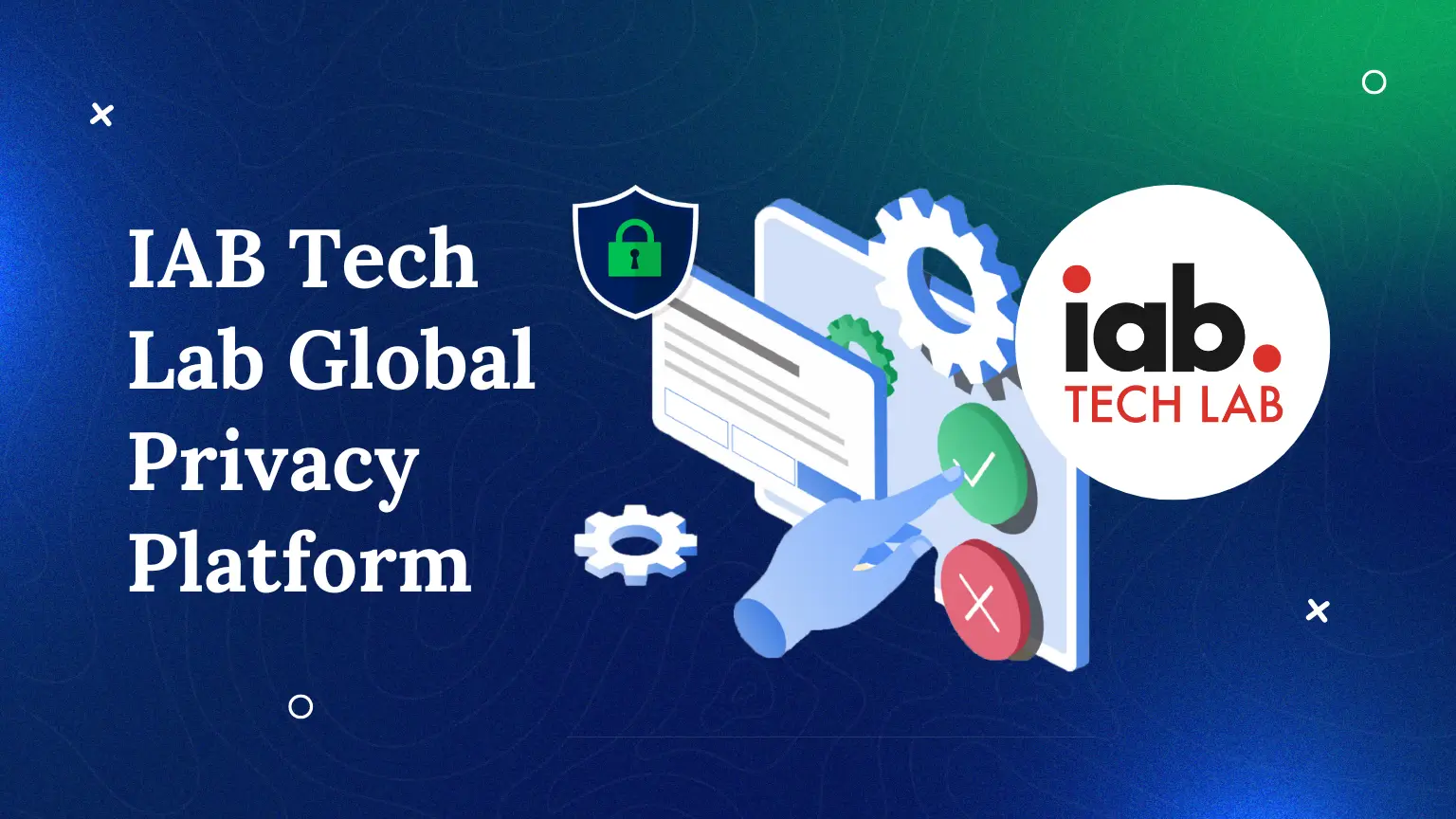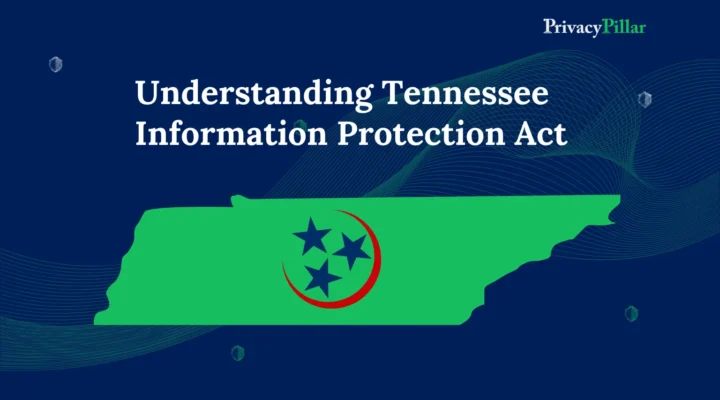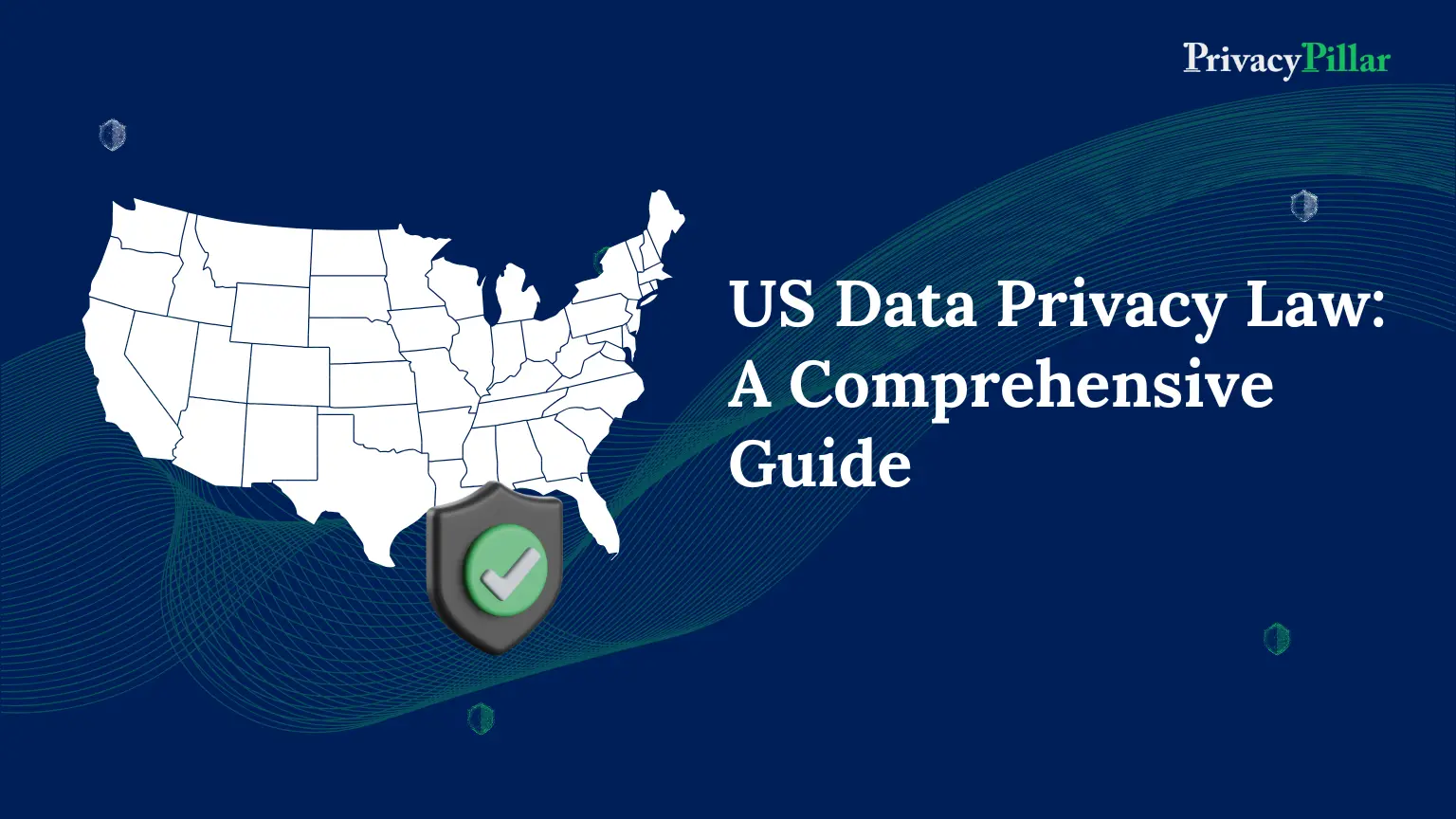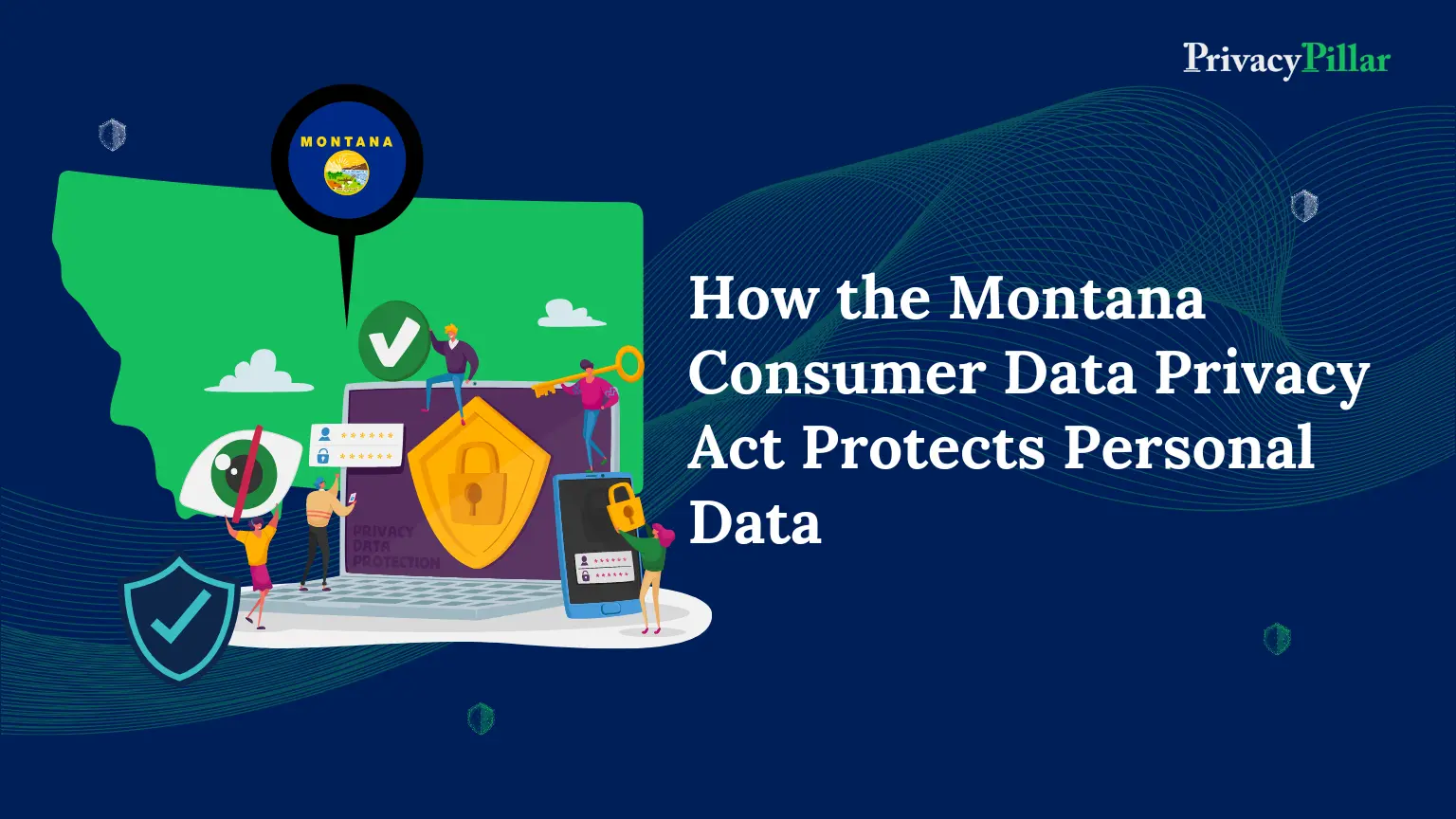
IAB Tech Lab’s Global Privacy Platform (GPP): A Step Towards Streamlined User Consent in Online Advertising
Online ads have many changing privacy rules; keeping track of these privacy laws worldwide can be challenging. The IAB Tech Lab has developed a new tool called the Global Privacy Platform (GPP), which might help websites and advertisers follow these rules more easily. GPP will serve as a guide to help businesses navigate the complex landscape of global privacy regulations.
This article explains what the GPP does, why it’s good, and what it might mean for everyone involved.
Understanding the Global Privacy Platform (GPP)
The GPP is a technical framework that transmits privacy consent and user choices across the digital advertising supply chain. It functions through a protocol and a set of APIs (Application Programming Interfaces) that enable:
- Publishers and app developers to collect user consent preferences.
- Ad tech providers, to understand and respect these preferences while delivering targeted advertising.
It offers a standardized approach for communicating user consent across various jurisdictions, ensuring adherence to regional privacy regulations like the CCPA (California Consumer Privacy Act) and GDPR (General Data Protection Regulation), aiming to:
- Reduce the complexity and costs of implementing multiple, customized privacy signaling technologies for various jurisdictions and online platforms.
- Enhance transparency and user control over data practices within the ad ecosystem.
- Increase efficiency for businesses complying with data privacy regulations.
Key Features of the GPP
- Flexibility and Adaptability: The GPP has a flexible architecture that accommodates existing privacy signals such as the US Privacy and TCF (Transparency & Consent Framework), while also readily supporting future regulations.
- Channel Agnostic: The GPP operates across various digital media channels, including browsers, mobile apps, web, and Connected TV (CTV), eliminating the need for separate technologies for each channel.
- Cost Reduction: By simplifying privacy signaling, the GPP can potentially reduce costs associated with implementing customized solutions for every jurisdiction and channel.
Two Main Components
The GPP consists of two primary components:
- GPP String: This concisely summarizes a user’s privacy preferences, encompassing signals from various jurisdictions. It facilitates the transmission of this information across the ad supply chain.
- CMP APIs (Consent Management Platform): These Application Programming Interfaces enable seamless integration of the GPP with existing CMPs used by publishers and app developers to collect user consent.
Benefits of the GPP
- Enhanced Transparency and Control: The GPP empowers users with greater control over their data by ensuring their privacy choices are communicated effectively throughout the ad tech chain.
- Simplified Compliance for Businesses: By offering a standardized approach, the GPP simplifies compliance with evolving privacy regulations for publishers, advertisers, and ad tech companies.
- Streamlined Ad Delivery: The GPP facilitates a smoother flow of user consent signals, potentially enhancing the efficiency of targeted advertising.
The GPP offers several advantages for stakeholders within the digital advertising industry:
- For Publishers and App Developers:
- Simplified compliance with data privacy regulations by managing user consent through a single platform.
- Reduced development and maintenance costs associated with privacy signaling technologies.
- Potential for increased user trust and transparency.
- For Advertisers and Technology Vendors:
- Ability to target advertising campaigns based on user consent signals across various jurisdictions.
- Enhanced efficiency in managing compliance with evolving privacy regulations.
- Streamlined communication within the ad supply chain.
Privacy Considerations and Challenges
The GPP presents a promising solution, but some privacy concerns still exist.:
- Vendor Concentration: The dominance of a few large technology companies in the ad tech space could lead to a lack of competition and manipulation of user consent signals.
- Data Minimization: The GPP string itself transmits a significant amount of user data. Ensuring that this data is anonymized and used only for advertising compliance is crucial.
- Regulatory Uncertainty: The data privacy landscape is constantly evolving, and the GPP’s effectiveness hinges on its ability to adapt to new regulations.
Ongoing Developments and Future Outlook
The IAB Tech Lab is constantly improving the GPP. An important recent addition is allowing the GPP to consider the specific privacy laws of different U.S. states. This, along with the IAB’s separate legal agreement (MSPA), provides a comprehensive contractual framework to ensure privacy compliance across state privacy laws.
In the future, the GPP is expected to be even more important as people become more concerned about privacy and governments set stricter rules. The GPP can help companies follow these rules and handle data responsibly. The IAB designed the GPP to be flexible so it can easily adapt to new laws and regulations as they come about. This will be essential for companies navigating the ever-changing world of privacy laws around the globe.
How PrivacyPillar can help?
PrivacyPillar stays updated on global privacy regulations and technological advancements. We assist businesses in navigating the complexities of the GPP and ensuring compliance with applicable data privacy laws.
At PrivacyPillar, we offer solutions to help businesses address data privacy challenges:
- Consent Management Platform: Our platform provides a centralized solution for obtaining and managing customer consent, ensuring customers are informed and empowered to control their data.
- Data Subject Access Request (DSAR) Service: Our DSAR service enables customers to request access to their data, ensuring transparency and compliance with regulatory requirements.
You can use PrivacyPillar’s solutions to showcase your dedication to data protection, establish customer trust, and ensure compliance with evolving data privacy regulations.
Conclusion
The IAB Tech Lab’s Global Privacy Platform represents a significant step towards a more standardized and streamlined approach to user consent in the digital advertising industry. PrivacyPillar closely monitors the development and implementation of the GPP, assessing its effectiveness in upholding user privacy rights within the evolving legal landscape.



